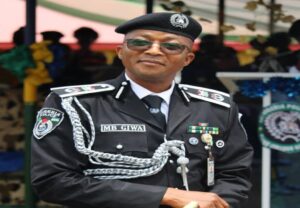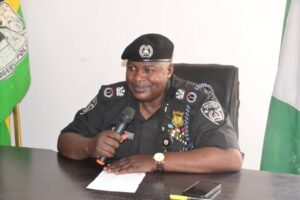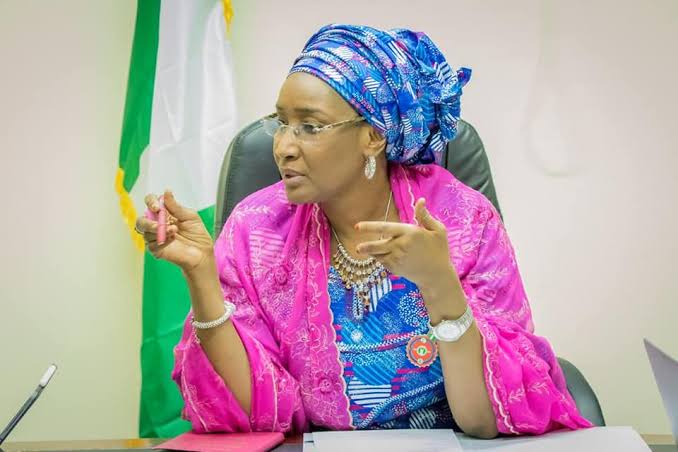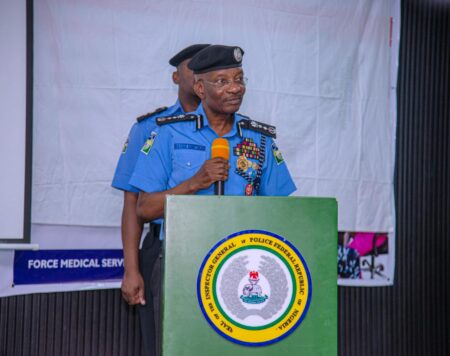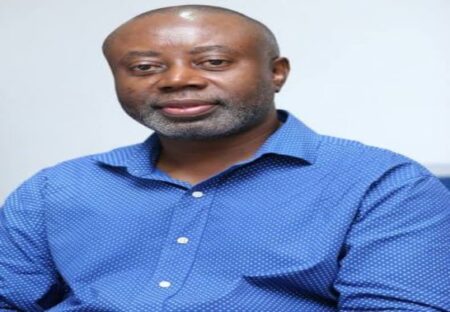By Law Mefor
One of the primary roles of the media is to set agenda. Generally speaking, the media sets agenda for public discourse and gives the people information they need to explore the complex topics it raises in the context of public concerns. Because of this premise, the perception of facts by the public is heavily influenced by what the media says. Misinformation and disinformation in the media that are purposefully presented as facts remain harmful to the welfare and health of the public .
Both former and current public office holders have been tarred and presented to the public by the media as corrupt, even though many of them served with diligence and made contributions to the growth and development of the country. Like Caesar’s wife, some of them were above board. Instead of receiving commendations, they have instead received condemnations since social media, and occasionally even mainstream media, have presented them as corrupt.
The media trial of public officials accused of corruption by anti-corruption organisations like the EFCC demonstrates how difficult it is to fight corruption in Nigeria due to the abundance of false information and disinformation that is disseminated by the media and passed off as fact. The most recent casualty is Sadiya Umar-Farouq, former minister of Humanitarian Affairs, Disaster Management and Social Development. Social media has drawn her into the controversy over the use of funds by one of the agencies under the ministry, which handled cash transfers to poor Nigerians who were eligible for government social assistance.
The invitation from the EFCC to Sadiya Umar-Farouq was not to accuse, but rather to get clarifications from her. That was how the EFCC reportedly couched its invitation. However, social media made it seem as though, while she was the minister, she should have been held responsible for the actions of a stand-alone agency under the Humanitarian Affairs ministry. The agency was independent in financial expenditures as long as expenses stayed below the cap outlined in the Public Procurement Act, of 2007, as amended. The incurred expenditures did not exceed the cap as to require ministerial approvals.
Digital media and citizen journalism have given these troublemakers a deadly tool to use on defenseless citizens such as Sadiya Umar-Farouq. Because there is no responsibility or oversight in our society, let alone professionalism or adherence to the law and ethics by social media, anyone may pretend to be a journalist in this day and age. Almost anything can be made up and posted on social media, where rumours and derogatory remarks about others tend to spread and become accepted.

What prompted this treatise were the fictitious claims that Sadiya Umar-Farouq was connected to the activities of a man named James Okwete, who is allegedly under investigation by the Economic and Financial Crimes Commission (EFCC) for suspected financial irregularities. The claim sent some online news and social media platforms into a frenzy.
Sadiya Umar-Farouq was quoted to have, in her official response to the claim, said that she had no connection whatsoever with Okwete’s actions, who is allegedly under investigation by the EFCC for possible financial misdemeanours. She stated that she did not know him from Adams. Therefore, associating her in any way with him is highly improper and almost criminal.
Fake news is constantly supplied to the gullible public, clouding their judgement on such matters and leading the people to believe things that are purposefully false to destroy the truth. Reality and perception are very different from each other, and truth rarely shapes perception in situations when misinformation is in power. This is what is happening in Nigeria in the country’s campaign against corruption, as individuals have been exposed in the media and have been met with hostilities from the populace for offences they never committed.
The term “trial by media” gained popularity in the late 20th and early 21st centuries to characterise how media coverage, particularly on television and in newspapers, could damage a person’s reputation by circulating a false impression of their guilt or innocence either before or after a court of law renders a decision. In a social media trial, typically, the public forms an opinion against the accused even before the court considers the issue, based on independent citizen investigation.
However, in our instance, the goal of the social media trial is to prove the accused guilty even in the absence of evidence. People are deemed innocent under Nigerian law unless and until the contrary is proved; this does not apply to media trials, where the individual is presumed to be guilty even when his or her innocence is proved and herein lies the ultimate danger.
False information as a weapon against people like Sadiya Umar-Farouq, is being used to group honest and dishonest public servants whose crimes have even been proven, as well as those who have acknowledged their guilt before a formal trial. For example, people who have acknowledged violating section 713 of the Financial Regulation by transferring public funds into private accounts and lumped with those who are called in by EFCC and ICPC for merely clarification such as Sadiya Umar-Farouq.
One of the few things the Buhari administration got right was the creation of the Federal Ministry of Humanitarian Affairs, Disaster Management, and Social Development where Sadiya Umar-Farouq played the pioneering role as minister. As a minister, she skillfully carried out the several mandate areas of the three-pronged inclusivity ministry that she assisted in developing. The ministry was renamed the Ministry for Humanitarian Affairs and Poverty Alleviation, and Beta Edu served as its minister until her recent suspension by President Bola Ahmed Tinubu.
The ministry was created to reduce poverty and achieve inclusive growth by using skill development and financial empowerment of the poor Nigerians as key change agents.
These were noble efforts aimed at empowering people and creating jobs, such as the N-Power Programme and other National Social Investment Programmes (NSIPs). N-Power was created for recent grads as well as non-graduates. It served as the centrepiece of the Social Investment Programme (SIP) of the federal government. The Government Enterprise and Entrepreneurship Programme (GEEP), which collects Tradermoni, Marketmoni, and Farmermoni, the Conditional Cash Transfer, and the National Home-Grown School Feeding Programme are the others.
The N-Power programme was essentially an empowerment and job creation programme. It was created to help recent graduates and non-graduates alike use their abilities for productivity, entrepreneurship, and creativity. The sectors that are being targeted fall into the critical need categories of artisanal, construction, technology, education, agriculture, and health.
N-Power Agro, N-Power Tax, N-Power Build, N-Power Creative, N-Power Health, N-Power Teach, N-Power Tech Hardware, and N-Power Tech Software were among the main N-Power programmes. N-Power is also connected to federal programmes for social development, economic empowerment, and empowerment.
In the era of digital media, where unconfirmed content can easily spread, people are not always cautious of misinformation and disinformation. Given the propensity of purveyors of misinformation to provide their audience with salacious stories in addition to lies, the audience should exercise caution in their beliefs and interpretation of anything they come across on social media.
More significantly, the investigating authorities should clear public officials they have called out in the media and educate the public on those they have mistakenly suspected. Like Sadiya Umar-Farouq, even the former chairmen of the EFCC who were similarly implicated in the media as corrupt—Ibrahim Magu and Abdulrasheed Bawa—deserve to have their names cleared if they are innocent.
■ Dr Law Mefor, an Abuja-based forensic and social psychologist, is a fellow of The Abuja School of Social and Political Thoughts; drlawmefor@gmail.com; Twitter: @Drlawsonmefor.
